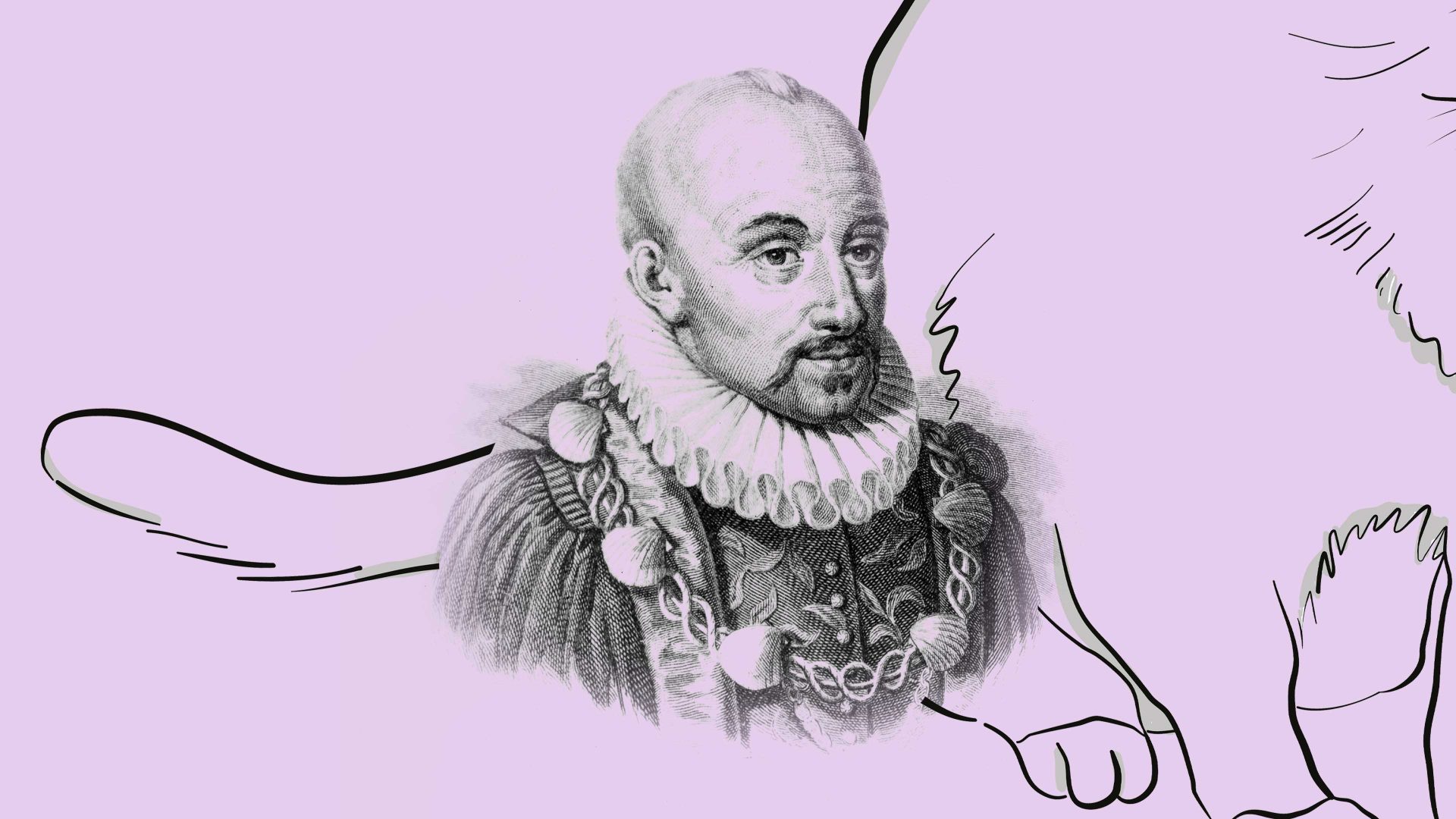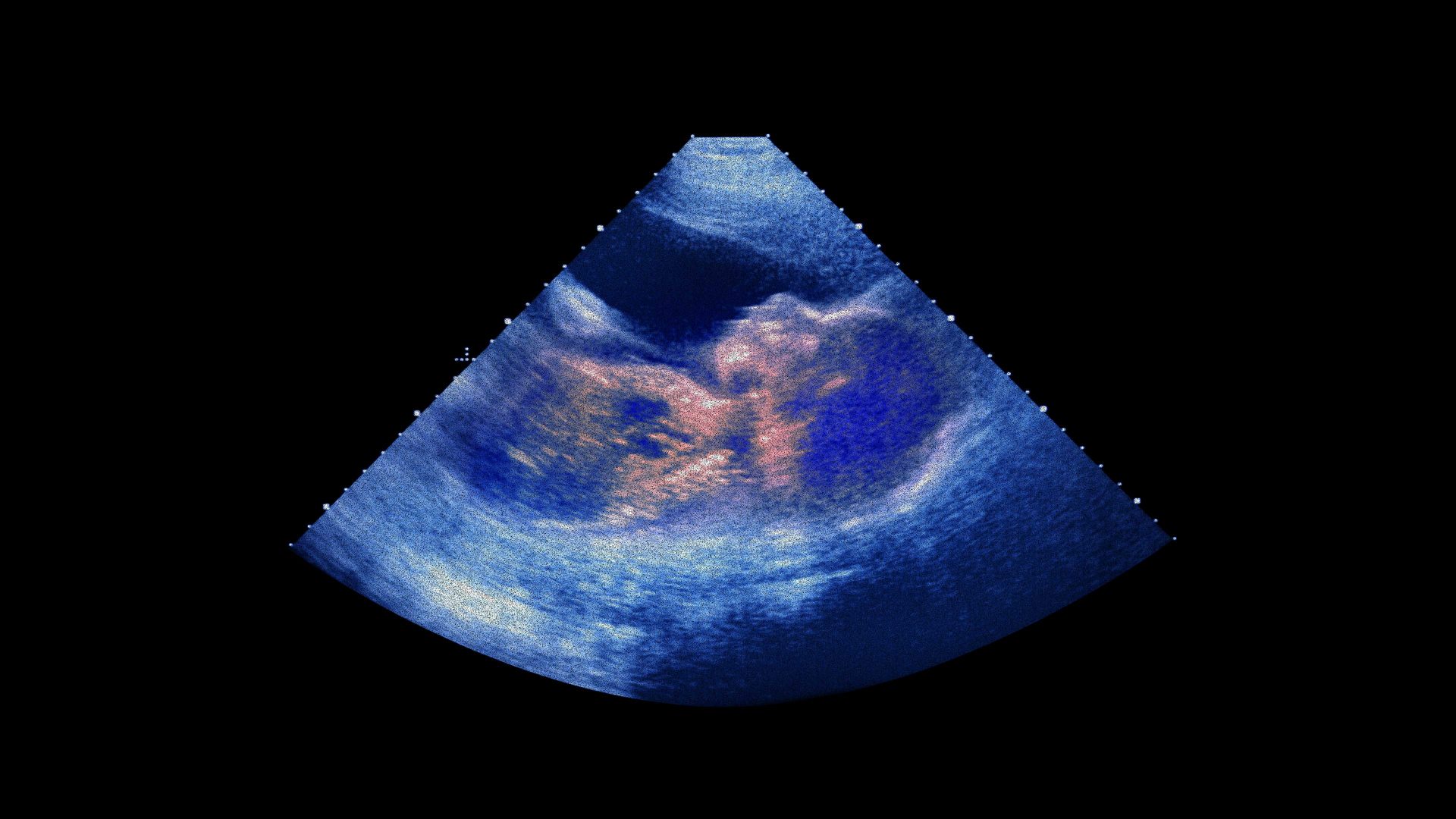Michel de Montaigne – or to give him his full name Michel Eyquem, Seigneur de Montaigne – died on September 13, 1592. He was 59 – not a bad age to reach in the 16th century.
This nobleman, sometime government official, and wine grower, survived a near-fatal riding accident in his thirties. His best friend succumbed to the plague, and his brother died at 27 after a tennis ball struck his head. Only one of his six children reached adulthood. Death was all around him.
Acutely aware of the fragility of existence, he devoted the final 11 years of his life to writing at his desk in the library in his chateau in the Périgord region of south-west France.
He turned his quirky mind to a myriad of subjects in essays that are as valued for their digressions and asides as for their central theses. His aim in these was to describe what it is to be human without embarrassment or shame.
As William Hazlitt put it, “in treating of men and manners, he spoke of them as he found them, not according to preconceived notions and abstract dogmas.”
Sometimes rambling, often bizarre, these essays brim with aperçus and anecdotes. Many of them lodge in the memory.
Perhaps the most cited is a comment about his cat. This seems an apt topic for reflection this week, given the way cats have featured in Republican rhetoric in the run-up to the US presidential election, from JD Vance’s smears about “childless cat ladies” running the government to Donald Trump’s strategic assertion that Haitian immigrants in Springfield, Ohio are eating other people’s pets, a claim that is almost certainly false.
Montaigne’s cat remark comes in his Apology for Raymond Sebond. The Apology is really more of a book than an essay – it runs to 170 pages in the Everyman edition. There he focuses on how feeble human reason is when it comes to thinking about God and his attributes.
As so often, Montaigne touches on many other subjects en passant. In a section in which he both chides and laments human arrogance in believing ourselves superior to other animals, he asks: “When I play with my cat, who knows if I am not a pastime to her more than she is to me?”
This flipping of perspective is typical Montaigne. So is his decision to present this as a question rather than an answer. He was a sceptic in most areas of life, withholding judgement on many topics.
He recognised, though, what is now obvious to almost anyone, that cats are sentient and intelligent and playful and that there is, as philosophers of consciousness now tend to put it, following Thomas Nagel’s famous account of what it is like to be a bat, something that it is like to be a cat.
Cats have a point of view on the world. We recognise this because we aren’t (most of us, I hope) in the grip of a religious dogma that asserts human exceptionalism in relation to the rest of the animal kingdom. Of course cats have their own experiences, who could doubt that?
They have their own way of perceiving things too, their own desires, likes and dislikes, some of which are opaque to us and perhaps always will be. Cat psychology is complicated: there is something inscrutable in our interactions with them, as Montaigne realised.
In the century that followed Montaigne’s death, however, his fellow countryman René Descartes would declare that non-human animals, because they lack souls, are mere flesh and blood machines. Unlike humans, who have souls that interact with the physical body (perhaps via the pineal gland), non-human animals were incapable of having a point of view on reality.
For Descartes a cat is just a collection of biological matter in a certain arrangement, and ultimately not much different from a clockwork mechanism. He is alleged to have performed vivisections on dogs, interpreting their agonised yelps and squeals as evidence of the machines working to preserve themselves rather than of sentience, though scholars dispute the accuracy of gory accounts of his anatomical research.
That Descartes was prepared to cause cats intense pain would have shocked the humane and imaginative Montaigne. He would no doubt have been shocked, too, to learn that cats are still experimented on in laboratories, sometimes for relatively trivial reasons such as testing cosmetics, but he would also have felt relieved to hear that they’re not on the menu in Springfield, and are never likely to be.



